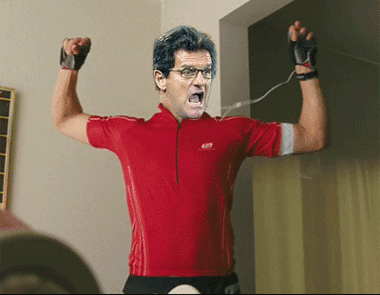 . ++
. ++Uefa to explore standing at games
Spectators could be allowed to stand at European football matches again in the future after Uefa said it was prepared to take a fresh look at the issue. Uefa rules ban standing areas at any grounds hosting European football.
But Uefa president Michel Platini has met with fans who cited the case of German side Werder Bremen, who allow standing at domestic games.
"We've said the rules still apply, but we're open to dialogue and would look at new designs," said a Uefa spokesman.
"There are stadia in Germany that have standing which the authorities say are perfectly safe.
"These are nothing like the old terraces, and it can be argued that they are much safer than having fans standing in seated areas as often happens."
The meeting - held in Nyon, Switzerland - involved fans' representatives from England, Scotland, Germany, France, Spain, Italy and Denmark, and the Supporters Direct organisations from the UK and Germany.
And while it seems that there are no immediate plans to re-introduce standing, it is something Uefa is prepared to consider.
"In the future we are always ready, together with Fifa, to look at the options but at the moment we feel sitting is a much better way to watch football," added Uefa communications director William Gaillard.
Standing has banned in English football since the Hillsborough disaster in 1989.
However, standing is extremely popular in domestic football in Germany with many new stadiums incorporating specific sections for fans who prefer to stand.
The VELTINS-Arena where Schalke 04 play has staggered barriers on every fourth step of its standing section.
These can be easily removed and replaced with seating for international and European club games that currently operate under all-seater rules.
And Werder Bremen have a similar situation, with seats that can lock up to allow standing for certain games.
Platini also promised to pass on to football rulemakers calls to use video evidence to punish players who dive after representations from Scottish fans.
Currently, Fifa only allow video evidence to be used in instances where the referee has not seen an incident, rather than to correct his judgement.



